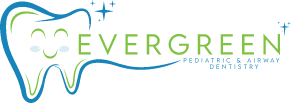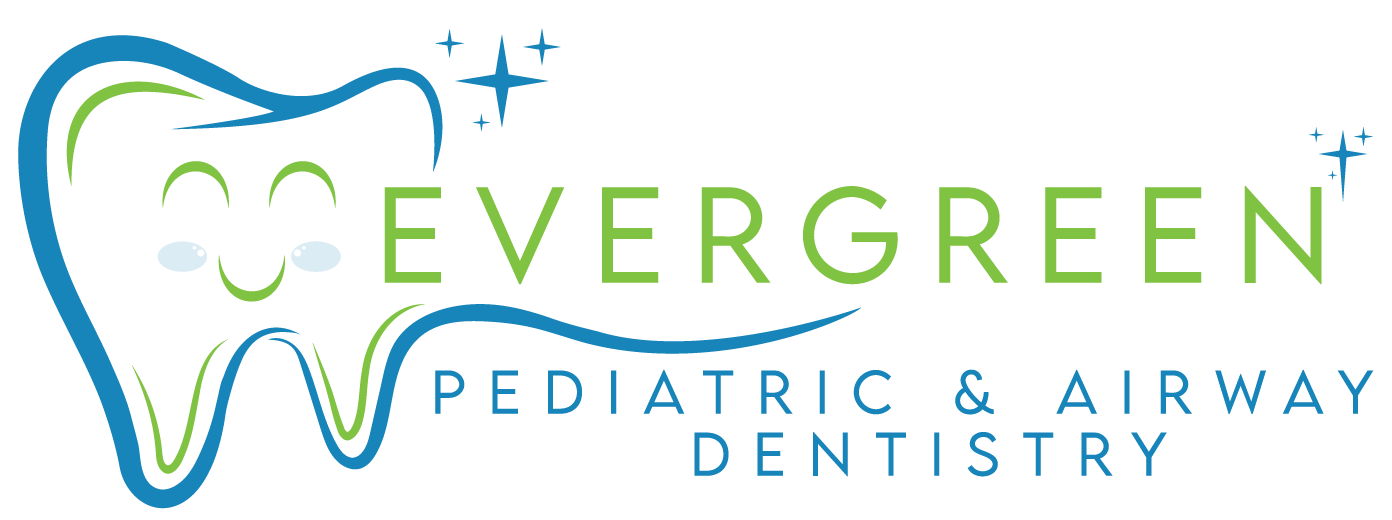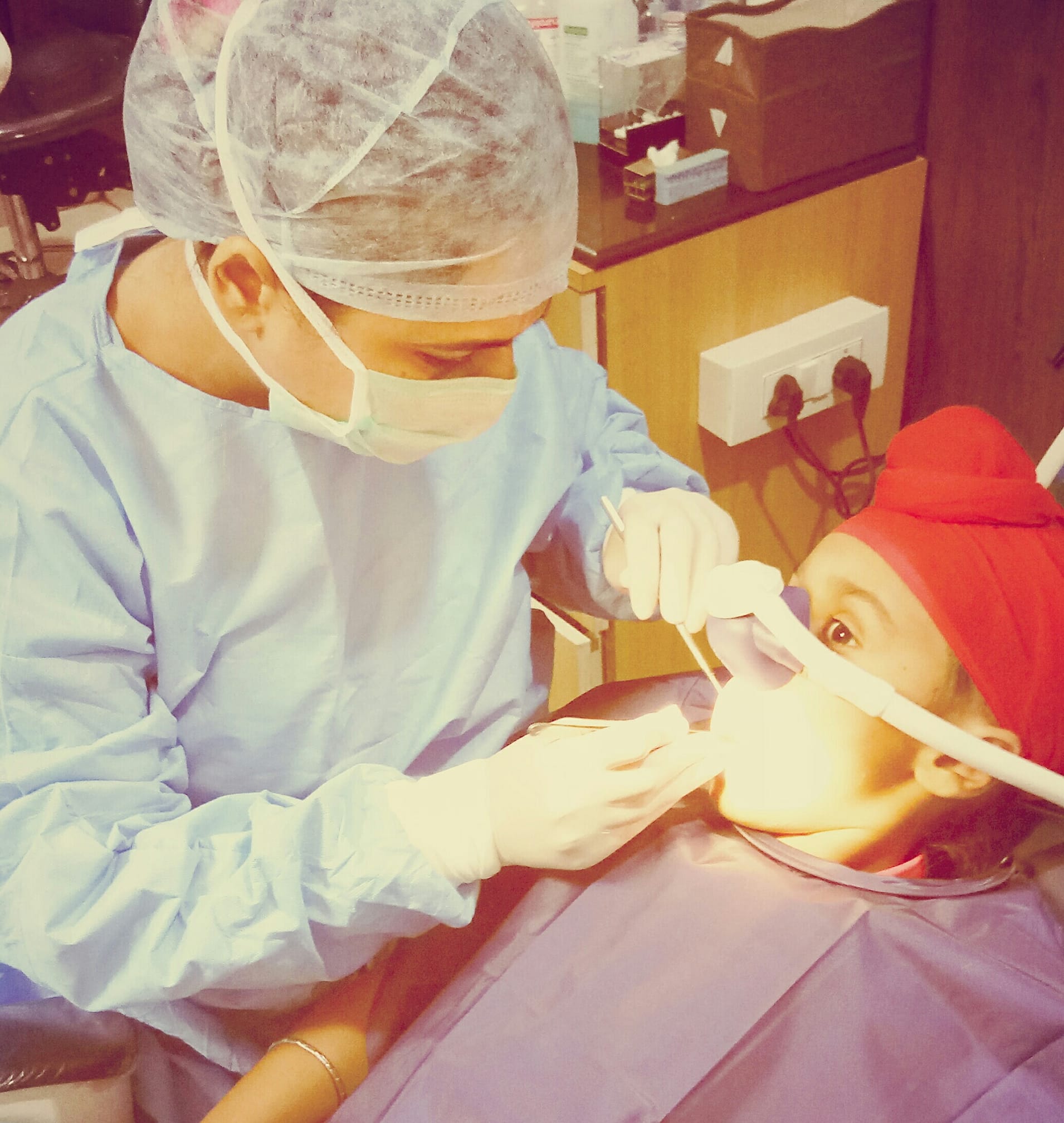Teeth Cleaning: The Key to Achieving a Brighter Smile
In today’s world where appearance and first impressions play a significant role, having a bright and healthy smile has become more desirable than ever. From photoshoots to job interviews, your smile is one of the first things people notice about you. However, maintaining good oral hygiene goes beyond just brushing and flossing daily. Professional teeth cleaning is an essential step in achieving and maintaining a bright, confident smile that exudes excellent oral health. In this blog post, we will dive into the benefits of regular teeth cleaning and why it should be an integral part of everyone’s dental care routine. For those in the market for teeth cleaning services, this article will serve as a comprehensive guide to understanding its importance and how it can significantly impact your overall well-being. So let’s start our journey towards healthier-looking teeth with professional teeth cleaning!
The Importance of Teeth Cleaning for Overall Oral Health
Oral health is often overlooked but is crucial in maintaining the overall health of individuals. Teeth cleaning is one of the easiest and most effective ways to maintain oral health. When we consume food and drinks, bacteria and plaque start building up on our teeth’s surface, leading to a host of dental problems such as cavities, gum disease, and bad breath. Regular teeth cleaning helps remove this bacteria and plaque, preventing it from hardening and turning into tartar, which can only be removed by professionals.
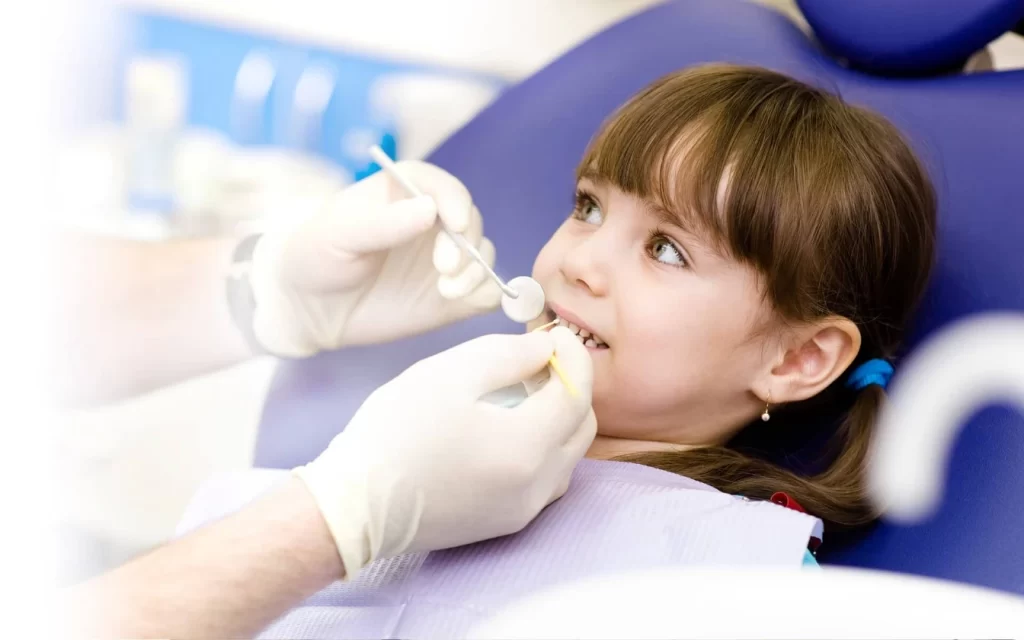
Teeth Cleaning
Cavities are painful and can lead to tooth loss if left untreated, ultimately affecting one’s quality of life. Regular teeth cleaning, combined with other essential oral hygiene practices such as flossing and rinsing with mouthwash, can prevent the development of cavities. Gum disease can also result from poor oral hygiene, leading to receding gums and eventual tooth loss. Dental problems can impact not only one’s oral health but also their self-confidence and overall health.
In addition to cavities and gum disease, teeth cleaning can also help eliminate bad breath, a common source of embarrassment and social anxiety. Bad breath, or halitosis, is usually caused by sulfur compounds produced by bacteria in the mouth. Regular teeth cleaning removes these bacteria, reducing bad breath. Proper oral hygiene practices genuinely help improve one’s overall health and well-being. Therefore, it’s crucial to maintain good oral hygiene practices, including teeth cleaning, to prevent dental problems and promote a healthy mouth and body.
Different Methods for Teeth Cleaning
In today’s society where dental hygiene is considered essential for maintaining a clean and healthy lifestyle, there are countless methods available for teeth cleaning. The daily routine of brushing and flossing is a crucial step for maintaining healthy teeth and gums, but there are other options available for those looking for a deeper clean.
One popular method of teeth cleaning is using an electric toothbrush. Electric toothbrushes have been shown to remove more plaque and reduce the risk of gingivitis more effectively than manual toothbrushes. Additionally, they often have built-in timers to ensure that you brush for the recommended two minutes, and some even come with pressure sensors to prevent brushing too hard and damaging your teeth.
Another popular method for teeth cleaning is using interdental brushes or water flossers. These methods are designed to clean areas between your teeth where traditional floss cannot reach. Interdental brushes are small, cone-shaped brushes that are gentle on your gums and can remove debris and plaque from tight spaces. Water flossers, on the other hand, use a stream of water to flush out debris and clean below the gum line, providing a more thorough clean.
Overall, with so many different methods for teeth cleaning available, it’s essential to find the one that works best for you and your unique dental hygiene needs. Whether it’s using an electric toothbrush, interdental brushes, or water flossers, the key is to be consistent in your routine and maintain good dental hygiene practices to keep your teeth healthy and bright.
Tips for Maintaining Good Oral Hygiene at Home
Maintaining good oral hygiene is crucial not only for a dazzling smile but also for overall health. Poor oral hygiene can lead to a host of health problems such as gum disease, tooth decay, bad breath, and even oral cancer. Fortunately, maintaining good oral hygiene at home is easy if you follow these simple tips.
Firstly, brush your teeth twice a day for two minutes each time using fluoride toothpaste. Brushing removes plaque, a sticky film of bacteria that causes tooth decay and gum disease. Remember to brush your tongue to remove bacteria that cause bad breath and rinse your mouth afterward with water or mouthwash to freshen your breath.
Secondly, floss your teeth daily to remove food particles and plaque that your toothbrush cannot reach. Flossing helps prevent gum disease and tooth decay and keeps your gums healthy. Use a gentle back-and-forth motion to slide the floss between your teeth, and curve it against one tooth in a C shape before sliding it up and down.
Lastly, limit your intake of sugary and acidic foods and drinks such as candy, soda, and sports drinks. These foods and drinks can erode your tooth enamel and cause tooth decay. If you cannot avoid them altogether, try to consume them with your meal and drink plenty of water afterward to wash away any remaining sugar or acid.
By following these tips regularly, you can maintain good oral hygiene and keep your smile healthy and beautiful for years to come. Don’t forget to visit your dentist regularly for check-ups and cleanings to catch any oral health problems early. With good oral hygiene habits, you can enjoy a pain-free and confident smile that lasts a lifetime.

Teeth Cleaning
Professional Teeth Cleaning Procedures
Professional teeth cleaning procedures are an essential part of maintaining good oral health. Regular cleaning sessions with a dentist can remove plaque and tartar buildup, prevent cavities and gum diseases, and give your teeth a bright and sparkling appearance. A typical dental cleaning session involves several steps that are carefully designed to ensure thorough cleaning without causing any damage to your teeth or gums. The process begins with an initial examination of your teeth and gums to identify any areas of concern and develop a personalized cleaning plan. The dentist or hygienist will then use a series of specialized tools and techniques to clean your teeth, including scaling and polishing to remove plaque and smooth out any rough spots. Fluoride treatment may also be included to strengthen and protect your teeth against decay. The final result is a clean and healthy smile that you can feel proud of.
Understanding the various dental tools used during a cleaning process can also be helpful. X-rays are one of the most common tools used to examine the underlying structure of your teeth and gums. These images can reveal hidden cavities, bone loss, and other issues that may not be visible to the naked eye. Other tools, such as probes and scalers, are used to remove plaque and tartar from your teeth without causing any damage to the surrounding tissue. Ultrasonic cleaners may also be used to provide a deeper clean, especially in hard-to-reach areas. By understanding these tools, you can feel more confident and informed during your next dental cleaning session. Professional teeth cleaning procedures are a vital part of maintaining good oral health, and with the right tools and techniques, you can achieve a healthy and beautiful smile that lasts a lifetime.
Additional Benefits of Regular Teeth Cleaning
Regular teeth cleaning is not only essential for maintaining good oral health, but it also comes with additional benefits that are often overlooked. One of the most significant advantages of keeping your teeth clean is the increase in confidence that comes with having a brighter smile. A brilliant white smile is a desirable trait for many, and by removing plaque and tartar build-up during regular cleaning appointments, individuals can maintain a dazzling smile that radiates confidence.
Moreover, besides the aesthetic benefits, regular teeth cleaning can serve as an early warning system for potential oral health issues. Professional dentists are well-trained to detect early signs of oral cancer, gum disease, and other health problems that could be missed without regular cleanings. Early detection of such issues can lead to quicker and more effective treatment, which can save patients from dealing with severe dental complications down the line.
In addition to the above-mentioned benefits, regular teeth cleaning can also contribute to overall well-being by reducing the risk of systemic health issues such as hypertension, cardiovascular disease, and diabetes. Poor oral health has been repeatedly linked to chronic health conditions, and therefore, regular teeth cleaning can promote overall health and prevent potential complications.
In summary, regular teeth cleaning has benefits that go beyond just clean teeth and fresh breath. An increase in confidence with a brighter smile, early detection of oral health issues, and improved overall health are all additional perks of maintaining a strict oral hygiene routine. So, it’s safe to say that by investing in regular teeth cleaning, you can safeguard your oral and overall health while enjoying the additional benefits that come with it.
Special Considerations for Children’s Teeth Cleaning
Children’s dental health is an essential aspect of their overall well-being. As a parent or guardian, it is very crucial to impart good oral hygiene habits to them from a young age. Teaching children how to clean their teeth can be a daunting task, but it is vital to make it fun and engaging for them. Innovative and creative ways can be implemented to make teeth cleaning an enjoyable experience for kids.
One of the easiest ways to make teeth cleaning fun for children is to use colorful and attractive toothbrushes. Toothbrushes with cartoon characters or playful designs will easily capture a child’s attention and make them want to use them. Parents can also incorporate some exciting music and dance into the teeth cleaning routine, making it an activity that kids can do while singing or dancing.
Teaching children good oral hygiene habits from early childhood has significant benefits. Research shows that children who learn and incorporate oral hygiene habits at a young age develop strong and healthy teeth, minimizing the chances of developing dental cavities and tooth decay. Good dental hygiene practices also help to prevent bad breath, gum disease, and other dental problems.
Parents should ensure that their children’s teeth cleaning routine adequately addresses all the important areas in their mouth, including teeth, gums, and tongue. Proper brushing, flossing, and the maintenance of regular dental checkups play a crucial role in ensuring that children have healthy teeth. By teaching children good oral hygiene habits and making teeth cleaning an enjoyable experience, parents can help their children maintain healthy teeth throughout their lives.
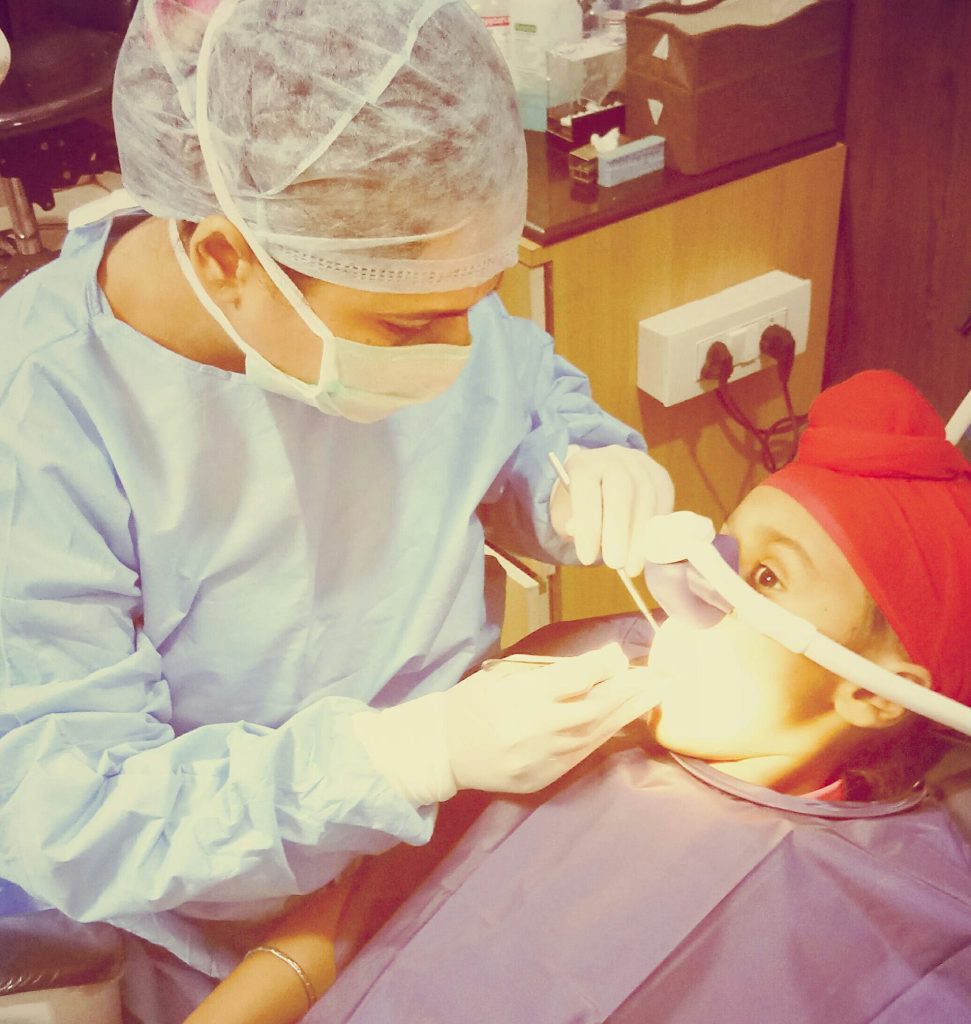
Teeth Cleaning
Common Myths about Teeth Cleaning Debunked
Many people assume that experiencing tooth sensitivity after a routine cleaning is cause for concern. However, this is simply a common myth about teeth cleaning that has been debunked time and time again by dental professionals. Tooth sensitivity is a very common side effect of dental cleanings, and it is usually nothing to worry about. It is a sign that your dentist or dental hygienist has done their job well. During a cleaning, your dentist or hygienist will remove plaque and tartar from your teeth and gums that have built up over time. This buildup can cause inflammation and irritation, which can result in tooth sensitivity. Once the buildup is removed, your teeth and gums can start healing, which will often alleviate the sensitivity.
Another common myth about teeth cleaning is that it is the same thing as teeth whitening. While it’s true that getting a cleaning can help remove surface stains from your teeth, it is not the same thing as a professional teeth whitening treatment. Teeth cleaning is a routine part of your dental care that helps to prevent gum disease and tooth decay, while teeth whitening is a cosmetic procedure that is designed to lighten the shade of your teeth. If you’re interested in teeth whitening, talk to your dentist about your options. They can recommend a safe and effective treatment that is tailored to your specific needs and goals.
It’s important to separate fact from fiction when it comes to dental care. Don’t be fooled by common myths about teeth cleaning. Tooth sensitivity after cleaning is perfectly normal, and getting a cleaning is not the same thing as getting your teeth whitened. By understanding what to expect during a dental cleaning, you’ll be better equipped to take care of your oral health and keep your smile looking its best!
In conclusion, regular teeth cleaning is crucial for maintaining good oral health and overall well-being. It can provide aesthetic benefits, serve as an early warning system for potential oral health issues, and contribute to the prevention of systemic health problems. Good oral hygiene habits should be instilled in children from a young age, making teeth cleaning fun and engaging for them. Finally, it’s important to debunk common myths about teeth cleaning to ensure that you are taking the best care of your teeth and smile. By investing in regular teeth cleaning, you can enjoy a healthy and confident smile for years to come. So, make sure to schedule your next dental cleaning appointment and reap the many benefits it has to offer!
Evergreen Pediatric Dentistry
https://www.google.com/maps?cid=14720788683151219551
12910 Totem Lake Blvd NE #103, Kirkland, WA 98034, United States
(425) 814-3196
https://evergreenkidsdentist.com/
